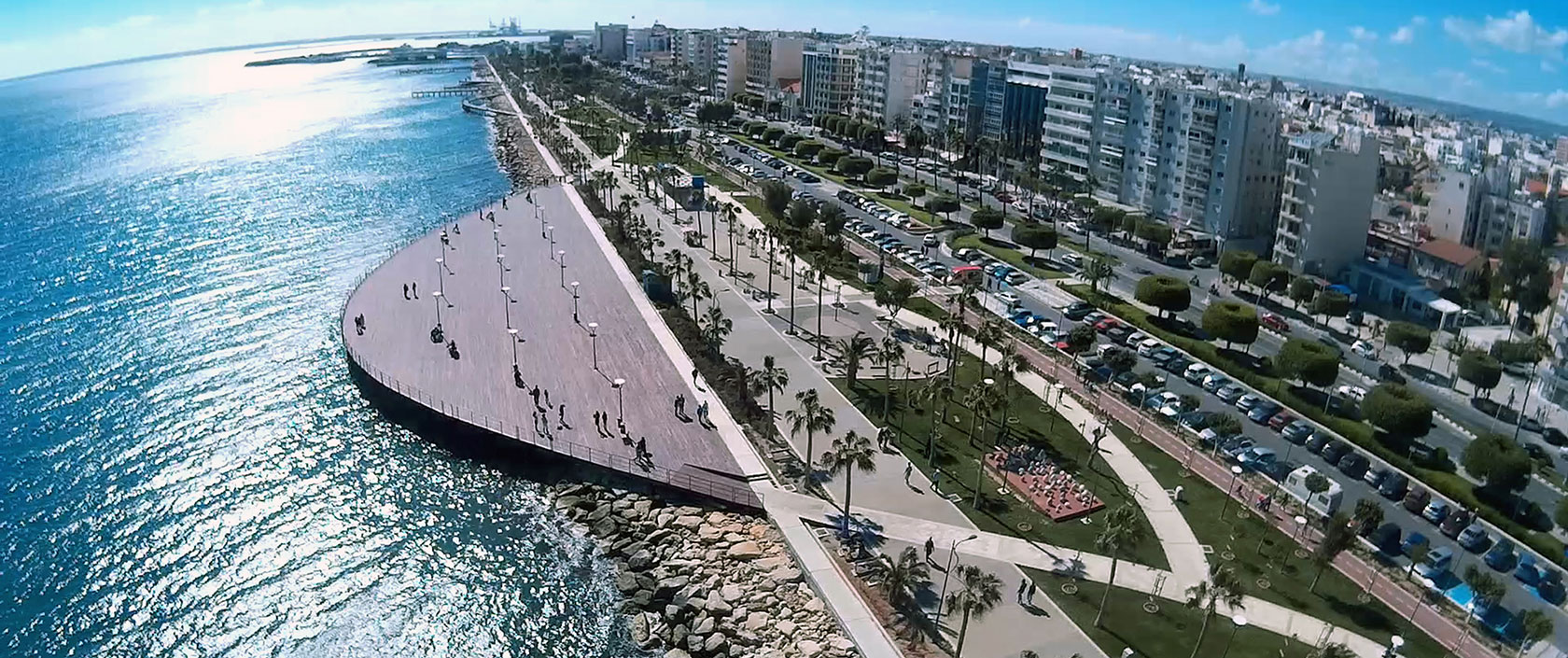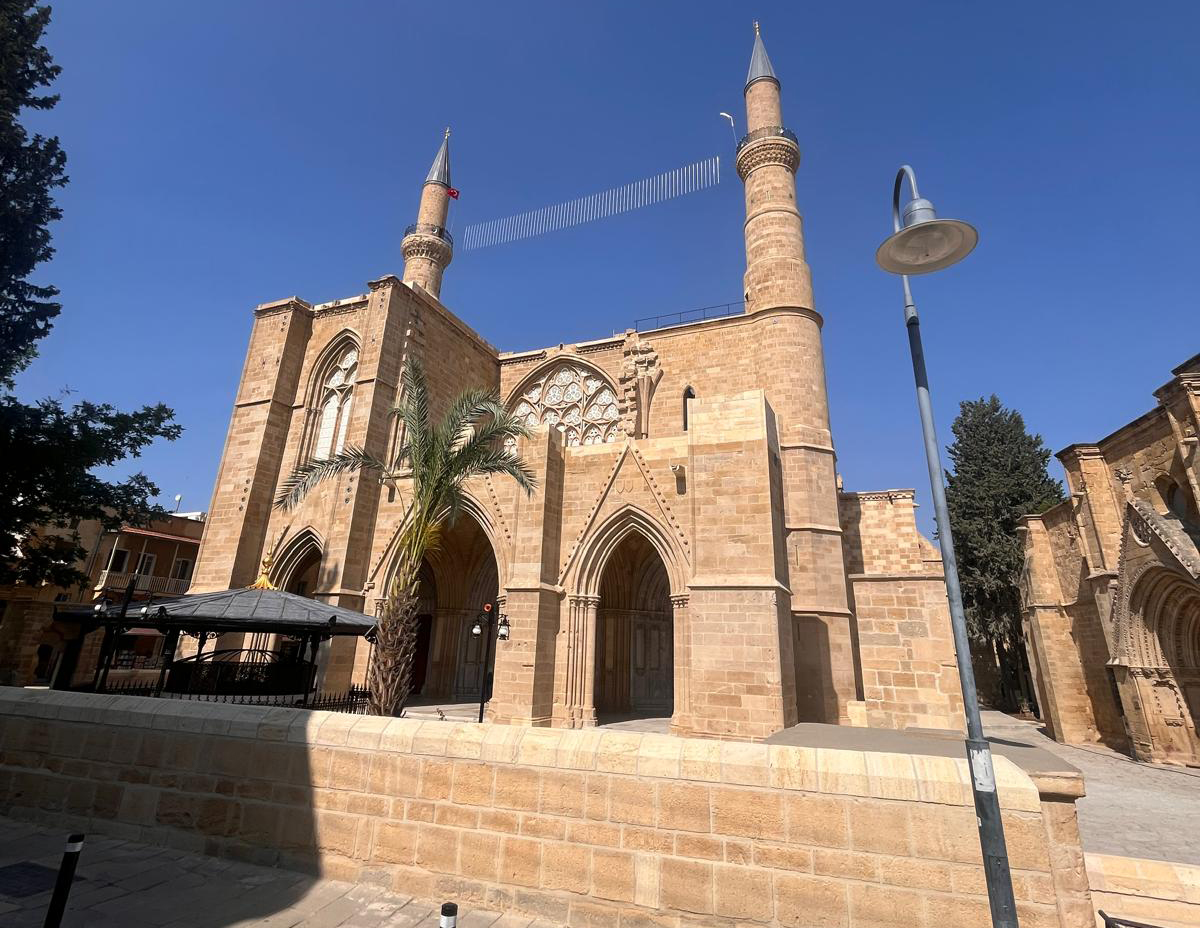Cyprus will have its first large-scale electricity storage system operational within the next 16 months, the energy minister said on Monday.
Speaking at the Green Agenda Cyprus Summit in Nicosia, George Papanastasiou said the lack of storage is the main obstacle to expanding renewable energy. But he assured delegates that the government is now moving swiftly to fix the problem.
“The road ahead is storage, and the most immediate solution is chemical batteries,” he said.
He revealed that the electricity authority of Cyprus (EAC) has already submitted plans to install storage systems at its power plants in Dhekelia and Moni. These are expected to be up and running in under a year and a half, helping to stabilise the grid and reduce wasted energy. To speed up investment, a new decree is expected next week that will allow some systems to be installed without the usual lengthy licensing procedures.
“This will enable quick action and the investments we urgently need,” he said, stressing that a stable business environment is key.
The minister said storage systems will also be placed next to renewable energy production units to reduce power cuts and increase efficiency. Around 15 per cent of households in Cyprus, about 50,000, are considered energy poor. Papanastasiou said the country’s energy policy must first ensure economic competitiveness and sustainability before tackling climate change. He warned that Cyprus remains structurally weak in connecting production with consumption.
“We don’t yet have the infrastructure to match generation with demand,” he said, highlighting the urgent need for storage and grid connectivity.
Referring to geopolitical risks affecting the Great Sea Interconnector, a planned electricity link between Cyprus, Greece and Israel, he called on the EU to send a strong message to anyone trying to obstruct such projects.
He outlined a future where Cyprus could become a net energy exporter. The island currently produces 1 GW from renewables, but has the potential to host up to 2.5 GW, he said.
However, without international links, any surplus energy will be lost. In the short term, Cyprus is planning a mix of solar power and natural gas. Gas is seen as a transition fuel, with the long-term goal being full electrification and interconnection with Europe. He warned that Cyprus must not replace energy dependence on Russia with new dependence on China, which dominates the market for clean energy technologies and rare earth materials.
“Europe must stay focused on electricity if it wants to win this race,” he said.
The long-delayed liquefied natural gas terminal at Vasiliko, originally expected to be ready in 2022, will now begin operations in early 2026, he added. A full switch to natural gas is planned by late 2026 or early 2027, which should help reduce electricity prices. Meanwhile, the EAC is also fast-tracking its own storage plans. Chairman George Petrou said the goal is to roll out systems within the next 12 months.
He said the authority is investing far more than in previous years, and the grid is expected to be much more efficient in the near future. He also confirmed that the government is targeting a 20–25 per cent cut in emissions by 2030. The EU’s goal remains full green transition by 2050.







Click here to change your cookie preferences